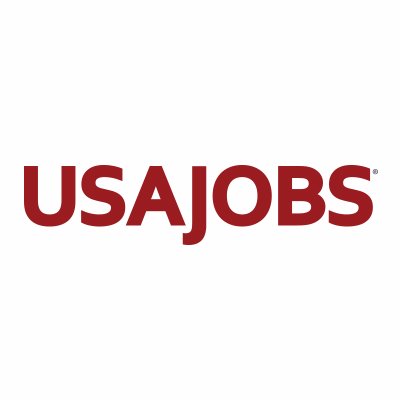Jonathan Hogan
If you’re a humanities major, there’s a good chance that you’ve been told that your excellent writing and analytical skills could allow you to go into marketing. You’ve probably rolled your eyes at this idea—why sell your soul to the optimization of an economic system that so obviously perpetuates terrible injustices? But before you write off marketing forever, read this article on social marketing, a type of marketing typically sponsored by NGOs or governments and used for the betterment of society.
Social marketing is perhaps best explained through examples, and one of the best comes from Wisconsin’s own UW Madison. In 2017, the Wisconsin Department of Health Services, UW Madison, and a handful of NGOs teamed up to advertise healthy eating. They played off of Wisconsin residents’ love of their sports teams to create the ads visible in this article (Henschen). Further examples of social marketing can be found in the now ubiquitous “click it or ticket” campaign, and a water rationing campaign led in Jordan, in which businesses were entered into a lottery after installing water-conserving valves in their buildings to incentivize their installation and raise awareness about their effects (About Us | The NSMC).
If this article has piqued your interest, you might be wondering: how does one learn more about social marketing? A good place to start is The National Social Marketing Centre (link), an NGO dedicated to social marketing that has its origins in the innovative British Department of Health. The National Social Marketing Centre appears to be the home for social marketing, at least as it pertains to public health, and can serve to give you an even deeper understanding of social marketing as an industry. For a job in social marketing, the best places to look are state and federal government platforms such as USAJOBS. Simply entering the term “marketing” will yield plenty of results. The one caveat to this approach is that strong knowledge of marketing is typically required for these jobs. To be a competitive applicant, you’ll likely need an educational or experiential background in marketing. While this experience may indeed come from an entry-level social marketing position, it will most likely come from a Master’s in marketing, or experience at a less mission-oriented marketing position. Hopefully, however, the appeal of social marketing as an industry that both requires writing and analytical skills, and sees marketers work for the betterment of society, is enough to consider spending a few years in general marketing.

Jonathan is a Third Year German and Government major. He works as a Peer Educator to assist students in the CJW and GLI career communities. In addition to professional development, Jonathan is interested in the cultural construction of the modern nation-state, normative constraints on rational behavior, and all things German. You can schedule an appointment with him here to improve your resume, learn more about the CJW and GLI career opportunities, and work on anything else professional development-related.
Works Cited
About Us | The NSMC. https://www.thensmc.com/about-us. Accessed 12 Oct. 2021.
Henschen, Holly. “FoodWIse’s FNV Campaign Wins International Social Marketing Award.” University of Wisconsin-Madison, 10 July 2018, https://fyi.extension.wisc.edu/news/2018/07/10/foodwises-fnv-campaign-wins-international-national-centre-for-social-marketing-award/.






